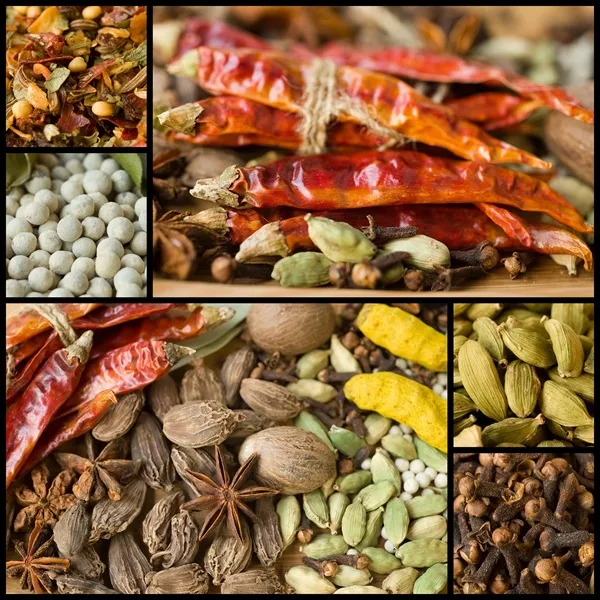
Kosher Food
Kosher food is rooted in deep religious traditions that emphasize discipline, ethical eating, and purity. Today, kosher certification is a respected standard of quality, influencing both Jewish and non-Jewish markets worldwide.

Kosher food is rooted in deep religious traditions that emphasize discipline, ethical eating, and purity. Today, kosher certification is a respected standard of quality, influencing both Jewish and non-Jewish markets worldwide.

Halal food represents not only a religious dietary practice but also a commitment to ethics, hygiene, and quality. Its global influence is undeniable, appealing to Muslims and increasingly to non-Muslims alike. Halal food is set to become into the global food economy in the years ahead.

While veganism excludes all animal-derived products, Jainism is even more restrictive in some aspects: It avoids some plant-based foods (like root vegetables and mushrooms) that most vegans consume. It may include dairy, provided it’s obtained without cruelty.

Snake gourd is a fascinating vegetable that blends culinary, nutritional, and medicinal value. Whether used in traditional dishes, health-conscious diets, or herbal treatments, it remains an indispensable part of food cultures around the world.

Perishable foods face significant challenges—from spoilage due to lack of refrigeration and inefficient distribution to waste at homes, supermarkets, and restaurants.

Fermented Foods undergo fermentation, a process in which natural bacteria, yeast, or fungi convert sugars into alcohol, acids, or gases. Fermentation not only preserves food but also transforms it, enriching flavors and boosting nutritional content.

Sweeteners come in various forms, such as honey, maple syrup, granulated sugar, and artificial substitutes, each with unique characteristics, nutritional profiles, and health impacts.

By preserving food through sealing and sterilization, canning extends the shelf life of a wide range of products, from fruits and vegetables to meats, beans, and soups. This method allows people to enjoy seasonal ingredients year-round and reduces food waste by offering long-lasting alternatives.

By rapidly freezing food items, nutrients, flavor, and texture are preserved, making frozen food a practical option for busy lifestyles. Convenience: Frozen meals and ingredients save time in preparation, making them ideal for quick and easy cooking.

Spices are derived from other parts of plants, such as seeds, bark, roots, or fruit. When used thoughtfully, herbs and spices add both health benefits and culinary magic to dishes.

By exploring homemade options or carefully selecting store-bought alternatives, condiments and sauces can be enjoyed in moderation as a flavorful and versatile addition to meals.


Snacks & Processed Food have Convenience: They are quick, easy-to-access options, making them ideal for busy schedules or on-the-go consumption. While they offer certain benefits, they also pose potential health risks when consumed excessively.

When consuming beverages, moderation and awareness are key. Prioritizing water, herbal teas, and nutrient-packed options like smoothies or fresh juices can promote hydration and health.

Enjoying baked goods in moderation and opting for healthier alternatives, such as whole grain breads or lower-sugar recipes, can allow you to savor their benefits while minimizing negative effects.

Nuts like almonds, walnuts, cashews, pistachios, hazelnuts, and macadamias are delicious and excellent sources of healthy fats, protein, and essential vitamins and minerals. Seeds such as chia, flax, sunflower, pumpkin, and sesame are equally nutrient-rich.